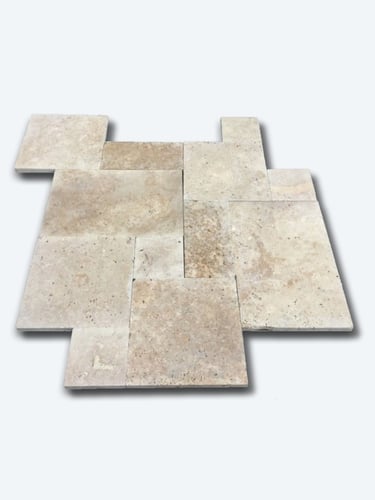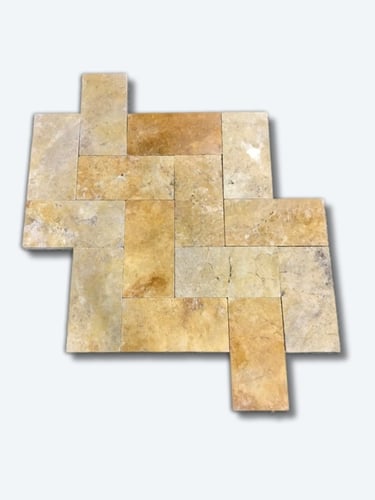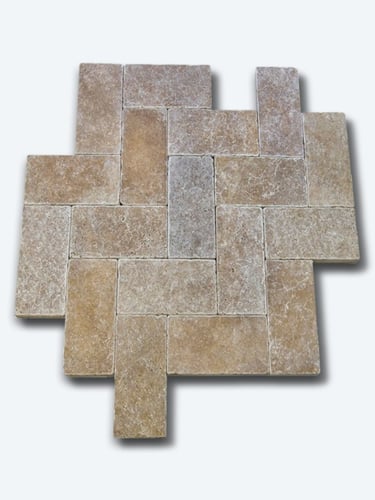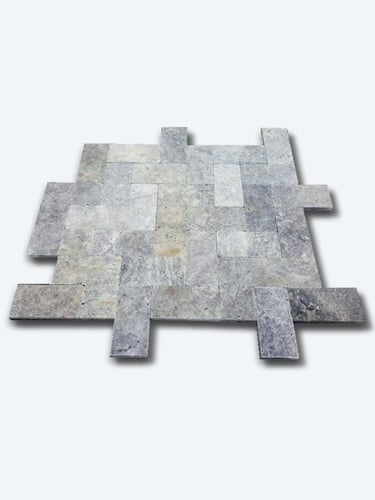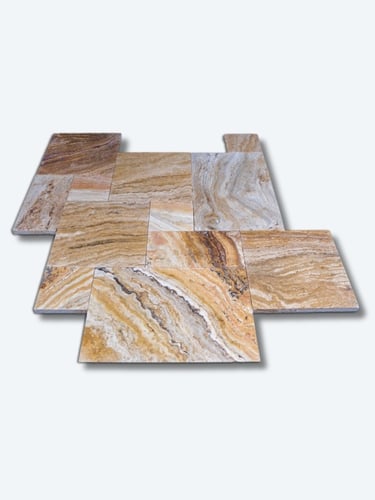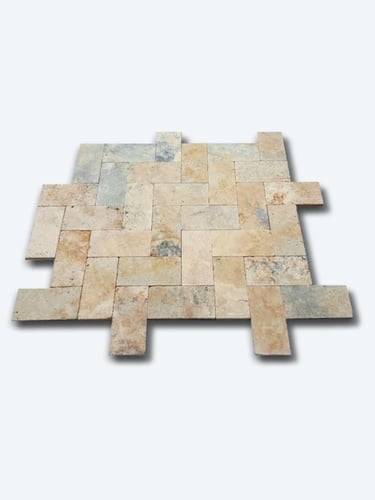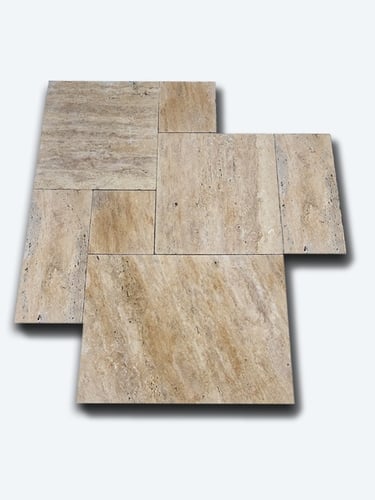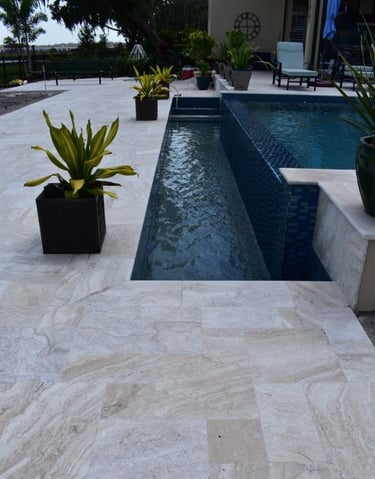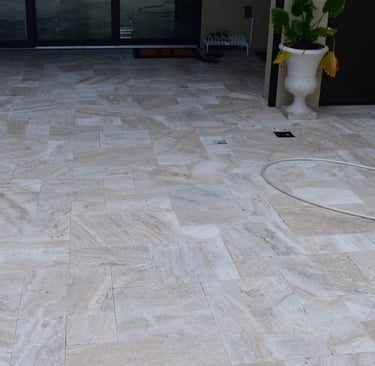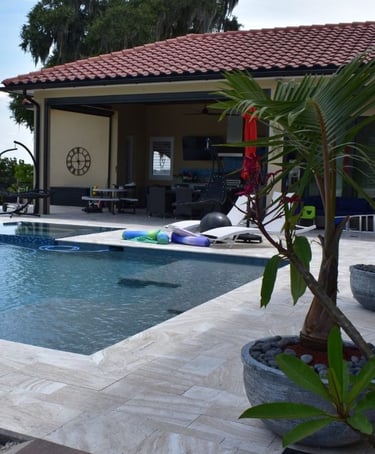All About Travertine: Characteristics, Uses, and Benefits
TOOLS & MATERIALS
4/18/20242 min read
Travertine has been utilized as a construction material since ancient Roman times, boasting a rich history evident in iconic structures like The Colosseum and The Getty Center in LA. But what exactly is travertine? In this informative article, we'll delve into its definition, benefits, uses, and cost.
Travertine is a natural, dense stone primarily composed of calcite, formed through the evaporation of river and spring water. It's a variant of limestone, known for its light color and excellent polishing properties, often adorning the walls of public buildings. One of its standout features is that each piece of travertine is unique and unmatched by factory-made imitations.
Is Travertine a Natural Stone?
Travertine is indeed a natural stone, extracted from quarries across the globe, including China, Iran, Turkey, Mexico, and Peru. Due to its natural origin, travertine can be quite porous, necessitating surface sealing for optimal performance.
What Color is Travertine?
Travertine naturally exhibits a range of beautiful shades, influenced by its quarry location and the specific minerals and organic materials present in the local rock. While some pieces may have uniform coloration, most display varying shades, mottling, veins, and bands, contributing to its distinctive appearance.
How is Travertine Tile Made?
Travertine undergoes a meticulous process from quarry extraction to finished tile. Raw travertine is extracted using methods like channeling machines, wire saws, water jet cutting, or chain saws. After extraction, it's sent to manufacturers who cut it into slabs, then into tiles of uniform thickness before being polished to a high finish.
Is Travertine Timeless?
Travertine boasts a timeless appeal, characterized by its classic, slightly 'Roman' look that adds sophistication to interiors, exteriors, and pool areas. Its eco-friendly nature—derived from its simple mining, cutting, and polishing process—also contributes to its enduring popularity.
How Durable is Travertine?
Travertine exhibits remarkable durability, comparable to marble in hardness (ranking 4 on the Mohs Hardness Scale), making it highly resistant to cracking. However, like any natural stone, it may have weak spots, necessitating expert maintenance and care.
Is Travertine Good for Outdoor Use?
Travertine's natural appearance and eco-friendly attributes make it ideal for outdoor applications. Its ability to withstand freeze-thaw cycles ensures longevity and aesthetic appeal, making it perfect for pool areas and other outdoor spaces.
Does Travertine Fade in the Sun?
Travertine's durability is evident in ancient Roman structures that have retained their beauty for centuries despite exposure to various weather conditions, including sunlight and erosion.
In summary, travertine offers unmatched elegance and durability, making it a premier choice for discerning homeowners seeking a luxurious, natural aesthetic in their living spaces.


